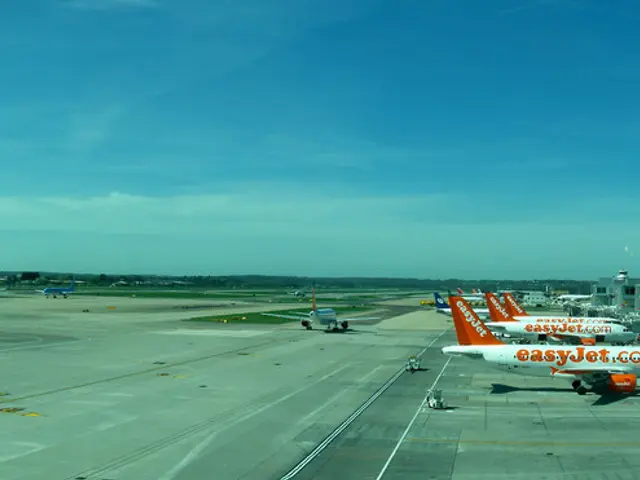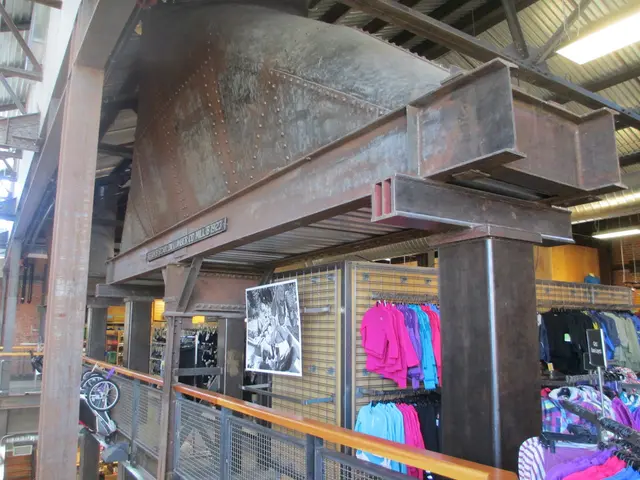Alleviating the burden of legendary Tram 28
Busy Streets of Lisbon: Carris Tackling Transport Challenges
In the heart of Lisbon, Carris - the city's public transport provider - is grappling with the booming tourism and the resulting pressures on its network, particularly the iconic Tram 28. Although there are legal obstacles in screening passengers in transport queues, Carris is on the hunt for solutions.
"Though the law stands as a hurdle, we can't just bar valid ticket-holders from boarding," explains Carris boss, Mr Bogas. He's gripped by the prospect of a more streamlined system but acknowledges that operating an unlawful one is off the table. Capacity, more than anything else, is the major dilemma.
Tram 28, which resumed service on 19 May following extensive maintenance, has become the darling of Lisbon's public transport system. It connects Martim Moniz and Campo de Ourique, with its share of the route overlapping with Bus 12. The result? A bustling crowd at Martim Moniz, where the queue for the 28 stretches for miles, while the 12 remains calm. As Mr Bogas puts it, "It's all about the brand."
Regular commuters, however, prize comfort and reliability above all else. Trams, though nostalgic, beat buses only on aesthetic appeal. They're less practical, especially when overwhelmed or affected by thoughtless parking. To bridge this gap, Carris has added a fleet of nimble mini-buses, tailor-made for Tram 28's narrow route, and plans to purchase three more.
With the overwhelming influx of tourists, Lisbon has become a hotbed of tourism, boasting 21 million overnight stays in 2024 - a 4% increase from the previous year. This soaring demand has catapulted Lisbon's tourism revenue to an astounding €2.1 billion.
Carris, a subsidiary of Lisbon City Council, looks after 777 buses, 64 trams, three funiculars, one lift, and a workforce of 2,505. Although the legal constraints on screening passengers persist, the team at Carris remains committed to ensuring a safe and efficient transportation experience for all.
[1] Current legal constraints in Portugal pertain to screening passengers in queues for buses and trams, with ongoing considerations for addressing these issues through alternative strategies.[5] Lisbon's public transport system is generally well-regulated with an emphasis on safety through regular maintenance and security measures.
[1] Amid the increasing tourism in Portugal, Carris, the public transport provider in Lisbon, is exploring novel solutions to manage the growing pressure on its network, particularly with regards to the iconic Tram 28.
[2] forecasts show a 4% increase in overnight stays in Lisbon in 2024, catapulting Portugal's tourism revenue to an astounding €2.1 billion. As a result, the financial implications for the transportation industry in Lisbon are significant.
[3] Despite the legal hurdles in passenger screening, Carris is focusing on enhancing the capacity of its system, including the introduction of nimble mini-buses and additional trams, to improve efficiency and ensure a superior transportation experience for commuters and tourists alike.








